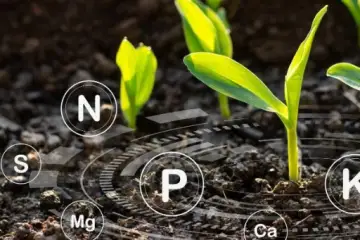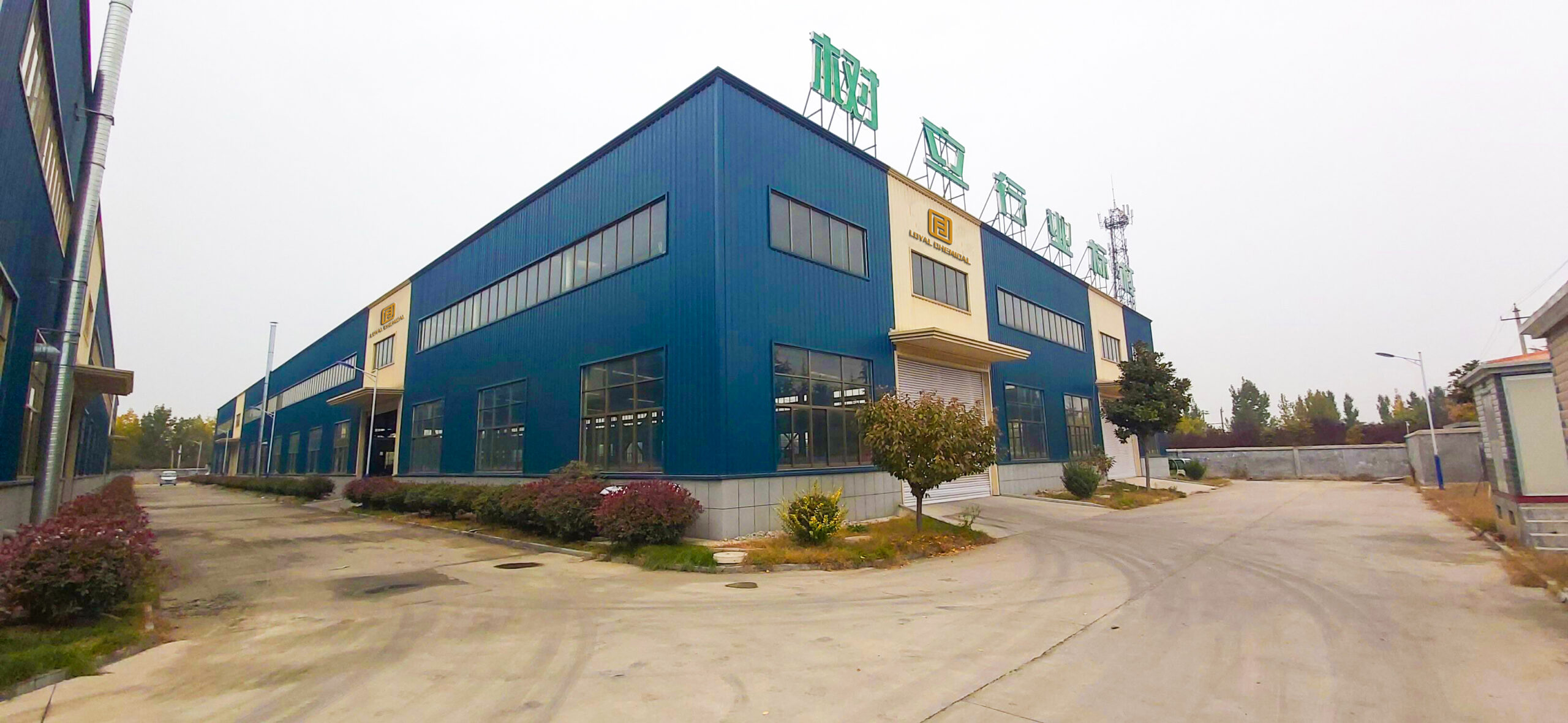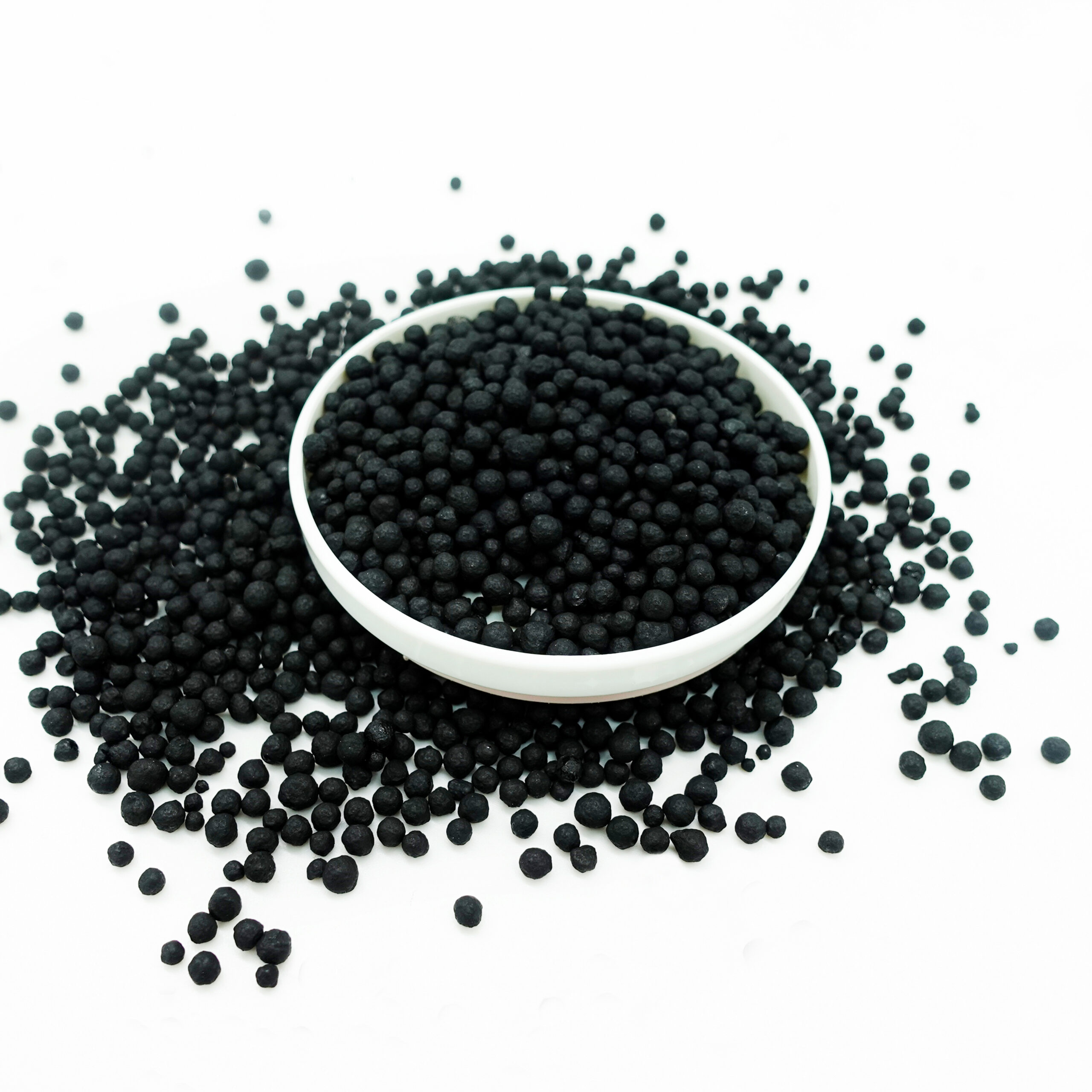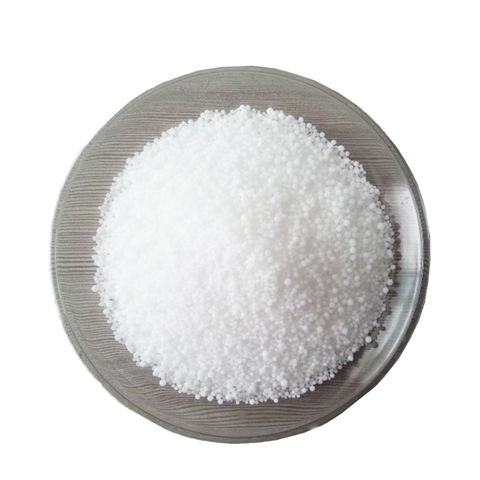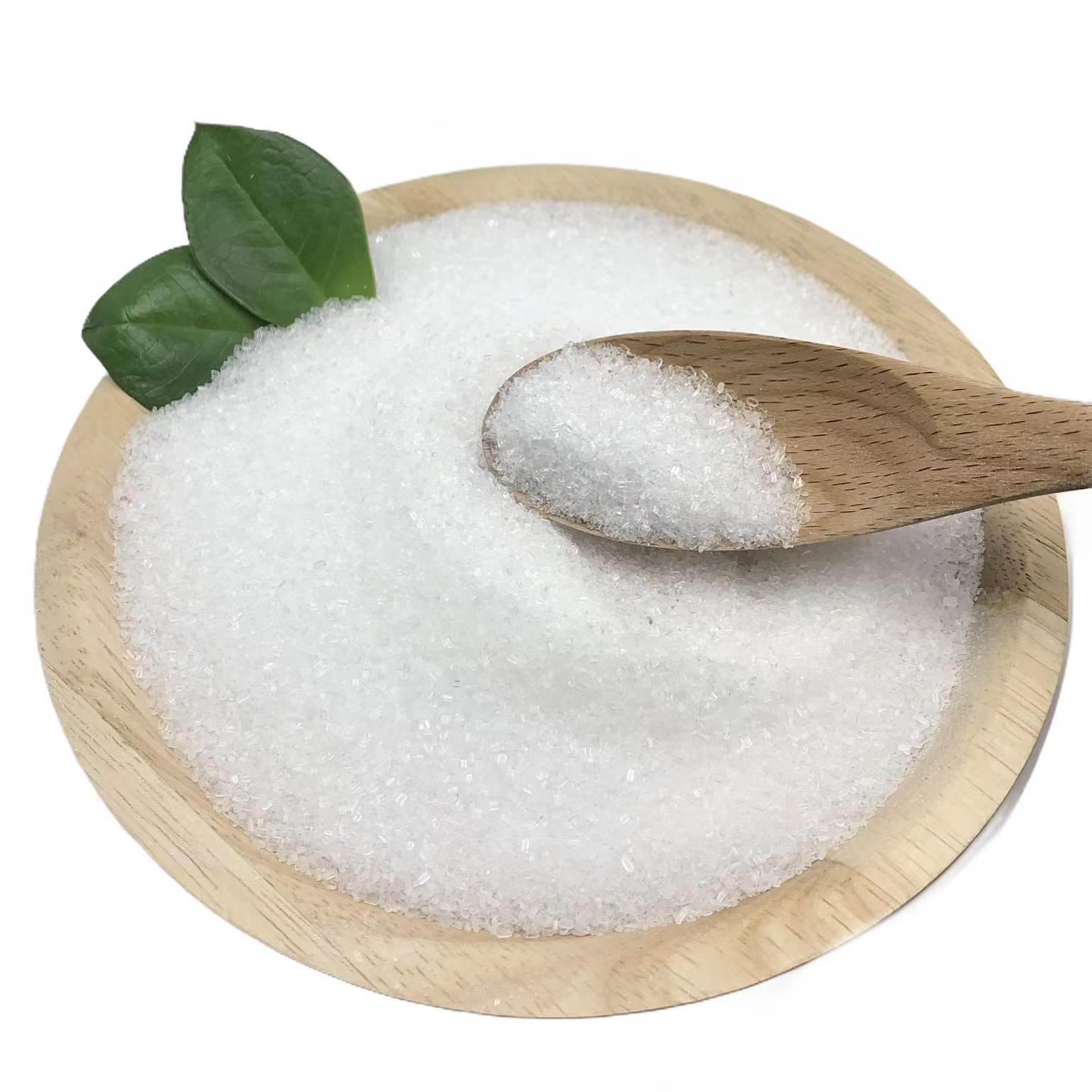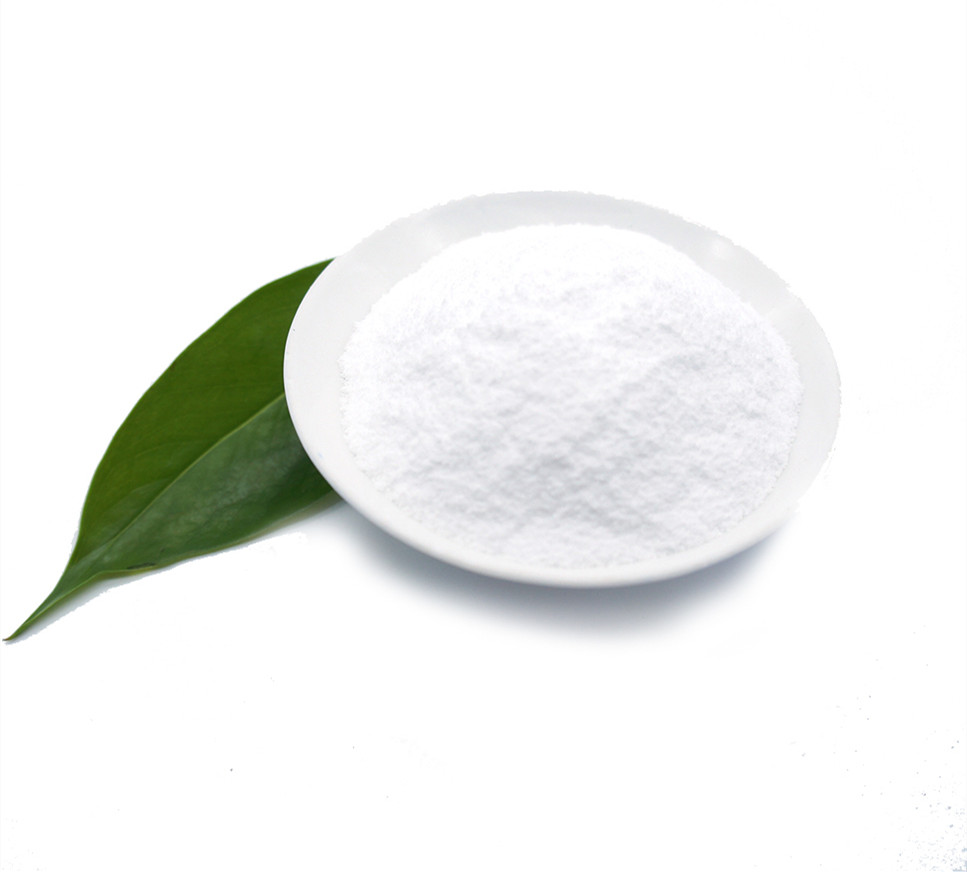Reliable Ammonium Chloride Fertilizer Suppliers
At Loyal, we ensure that our ammonium chloride fertilizer meets the highest quality standards. Our product is meticulously tested and verified to provide optimal nutrient content and effectiveness for enhancing crop growth and soil health.
When it comes to sourcing high-quality ammonium chloride fertilizer, Loyal stands out as a trusted and reliable supplier. Our commitment to excellence and customer satisfaction makes us the ideal partner for all your agricultural fertilizer needs.
Home » Ammonium Chloride Fertilizer
-
Uses of Ammonium Chloride Fertilizer: Benefits and Application
Ammonium chloride fertilizer is a valuable resource for agricultural professionals due to its high nitrogen content and beneficial properties for various crops.
Ammonium chloride is widely used in field crops such as wheat, maize, and rice. It provides the necessary nitrogen to support vigorous growth, leading to increased biomass and higher grain yields.
Ammonium chloride is also used in ornamental horticulture to maintain vibrant, healthy plants. It encourages dense foliage and robust blooms in flowering plants.
Ammonium chloride is an excellent source of nitrogen, which is crucial for the growth and development of plants. Nitrogen is a key component of amino acids, proteins, and chlorophyll, essential for photosynthesis and overall plant health.


-
Benefits of Ammonium Chloride Fertilizer: Exploring Advantages for Growth
Why Choose SHANDONG LOYAL CHEMICAL CO., LTD?
At Loyal, we are committed to providing top-quality ammonium chloride fertilizer that meets the highest standards of purity and effectiveness. Our products are rigorously tested to ensure they deliver optimal results.
Enhanced Plant Growth:
The nitrogen content in ammonium chloride promotes vigorous plant growth, leading to lush foliage and stronger stems. It supports the development of healthy, green plants that are more productive and resilient.
Improved Soil Fertility:
Ammonium chloride enhances soil fertility by providing readily available nitrogen, which is essential for microbial activity and nutrient cycling in the soil. This leads to improved soil health and increased agricultural productivity.
Increased Crop Yields:
By providing essential nutrients, ammonium chloride helps increase crop yields and improves the quality of produce. It ensures that plants receive the necessary nutrients for optimal growth and development throughout the growing season.
Choose Loyal for your ammonium chloride fertilizer needs and experience the difference in quality and service.
Ammonium Chloride: Supercharge Your Plants with Nature's Finest!
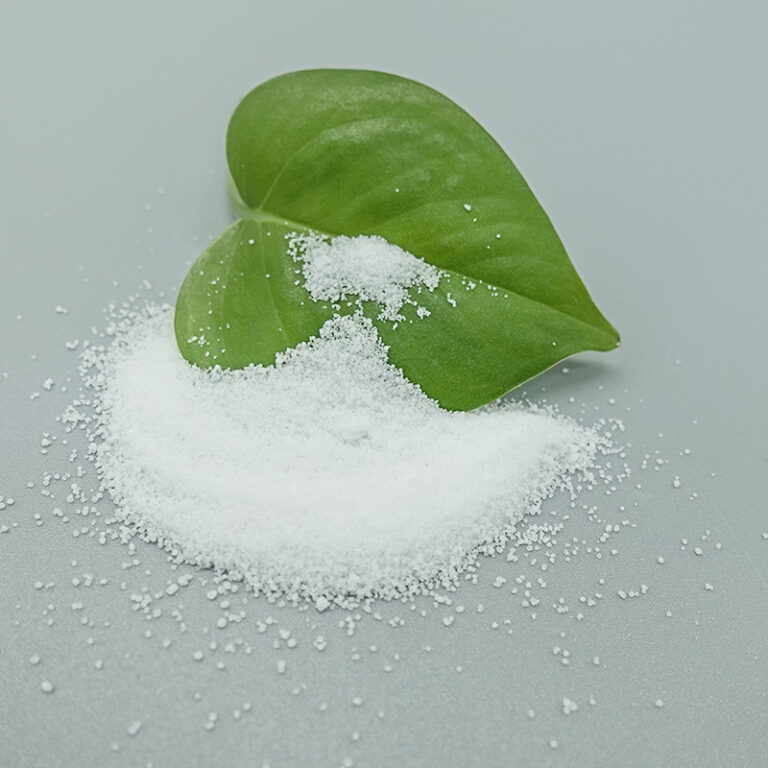
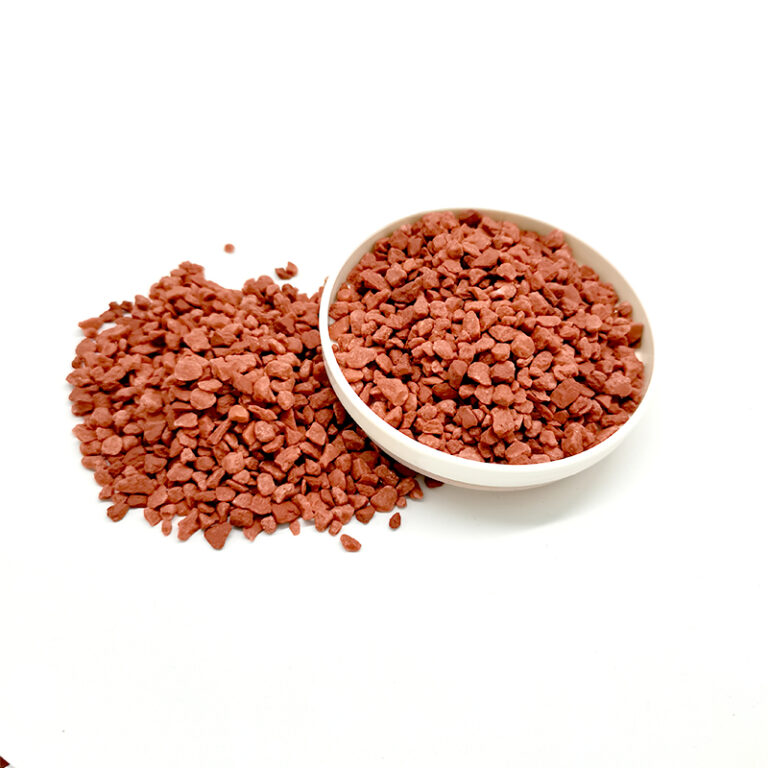
-
Ammonium Chloride Fertilizer Pricing: Find the Best Prices and Deals
When it comes to sourcing high-quality ammonium chloride fertilizer at competitive prices, Loyal stands out as a trusted supplier. We are committed to providing exceptional value and service to our customers.
We offer ammonium chloride fertilizer at highly competitive prices, ensuring you get excellent value for your investment without compromising on quality.
Loyal offers flexible pricing options to suit different budgetary needs and purchasing volumes. Whether you are a small-scale farmer or a large agricultural enterprise, we can tailor our pricing to match your specific requirements.
Find the best prices and deals on ammonium chloride fertilizer with Loyal. Contact our customer service team today to learn more about our pricing options, request a quote, or place an order. Trust Loyal to provide high-quality fertilizer at competitive prices, helping you achieve optimal agricultural success.

Ammonium Chloride Fertilizer: Components and Composition for Enhanced Growth
Nitrogen (N): 25%
- Role and Benefits:
- Nitrogen is a vital nutrient for plant growth. It is a fundamental component of amino acids, proteins, and chlorophyll, which are essential for photosynthesis and cell division.
- Nitrogen promotes vigorous vegetative growth, resulting in lush, green foliage and healthy stems.
- Ensures the overall development of the plant, leading to higher yields and improved crop quality.
- Role and Benefits:
Chloride (Cl):
- Role and Benefits:
- Chloride is an essential micronutrient that plays a significant role in osmotic regulation and ionic balance within the plant.
- It improves water use efficiency and enhances the plant’s ability to withstand environmental stresses such as drought and salinity.
- Chloride is also involved in photosynthesis and helps in the production of key enzymes and metabolic processes.
- Role and Benefits:
Moisture: ≤ 0.5%
- Role and Benefits:
- Low moisture content ensures the stability and longevity of the fertilizer, preventing clumping and making it easier to handle and apply.
- Maintains the integrity of the granules, ensuring even distribution and effective nutrient delivery.
- Role and Benefits:
pH Level: 4.5-6.5
- Role and Benefits:
- The pH level of ammonium chloride fertilizer makes it suitable for a variety of soil types.
- It helps in maintaining the optimal pH range for nutrient availability and absorption by plants.
- Supports the overall health of the soil microbiome, promoting better nutrient cycling and soil fertility.
- Role and Benefits:
Granule Size: 2-4 mm
- Role and Benefits:
- Uniform granule size ensures even application, reducing the risk of over- or under-fertilization.
- Granules are easy to handle and spread, enhancing the efficiency of fertilizer application.
- Consistent granule size allows for better soil incorporation and nutrient availability.
- Role and Benefits:
Solubility: Highly Soluble
- Role and Benefits:
- High solubility ensures that the nutrients are quickly available to plants, facilitating immediate uptake and utilization.
- Promotes rapid response and visible improvements in plant health and growth.
- Ensures efficient use of the fertilizer, reducing waste and enhancing cost-effectiveness.
- Role and Benefits:

Latest Insights and Innovations in Fertilizer Technology




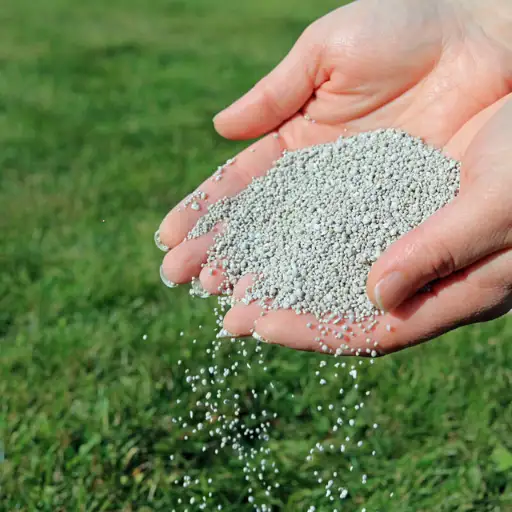

Looking for Farming Fertilizer
Ammonium Chloride Fertilizer: A Business Client's Essential FAQ
Q: What is ammonium chloride fertilizer?
A: Ammonium chloride fertilizer is an inorganic fertilizer composed of ammonium (NH4+) and chloride (Cl-) ions. It is often used to provide nitrogen to plants, which is essential for their growth and development.
Q: What is the chemical composition of ammonium chloride fertilizer?
A: The chemical composition of ammonium chloride fertilizer includes ammonium salt combined with chloride ions. Its chemical formula is NH4Cl, and it is classified under the CAS number 12125-02-9 and the EC number 235-186-4.
Q: What are the common uses of ammonium chloride fertilizer?
A: Ammonium chloride fertilizer is primarily used in agriculture to supply essential nitrogen to crops. It is also used in various industrial applications, including as a flux in metalworking and as an ingredient in food additives.
Q: How does ammonium chloride fertilizer affect soil pH?
A: The use of ammonium chloride fertilizer can acidify the soil as it releases hydrogen ions (H+) during the nitrification process. This can lower the pH of the soil, making it more acidic, which may require lime addition to balance the soil pH.
Q: What are the safety guidelines for handling ammonium chloride fertilizer?
A: Safety guidelines for handling ammonium chloride fertilizer include wearing protective equipment, such as gloves and masks, to avoid inhaling fumes and direct skin contact. Refer to the material safety data sheet for detailed handling instructions and the NIOSH pocket guide to chemical hazards for occupational safety and health information.
Q: How is the price of ammonium chloride fertilizer determined?
A: The price of ammonium chloride fertilizer is influenced by various factors, including market demand, production costs, and global supply. Additionally, the purity and formulation of the fertilizer can also affect its price.
Q: What are the potential health hazards associated with ammonium chloride?
A: Ammonium chloride can pose health hazards if inhaled or ingested. It may cause respiratory issues, irritation of the mucous membranes, and acidosis if consumed in large amounts. It is important to follow safety guidelines and refer to the national institute for occupational safety recommendations.
Q: Can ammonium chloride be used in food additives?
A: Yes, ammonium chloride is used in the food industry as an additive, particularly in the production of certain types of bread and licorice. The permissible levels are regulated to ensure safety and are often measured in parts per million (ppm).


